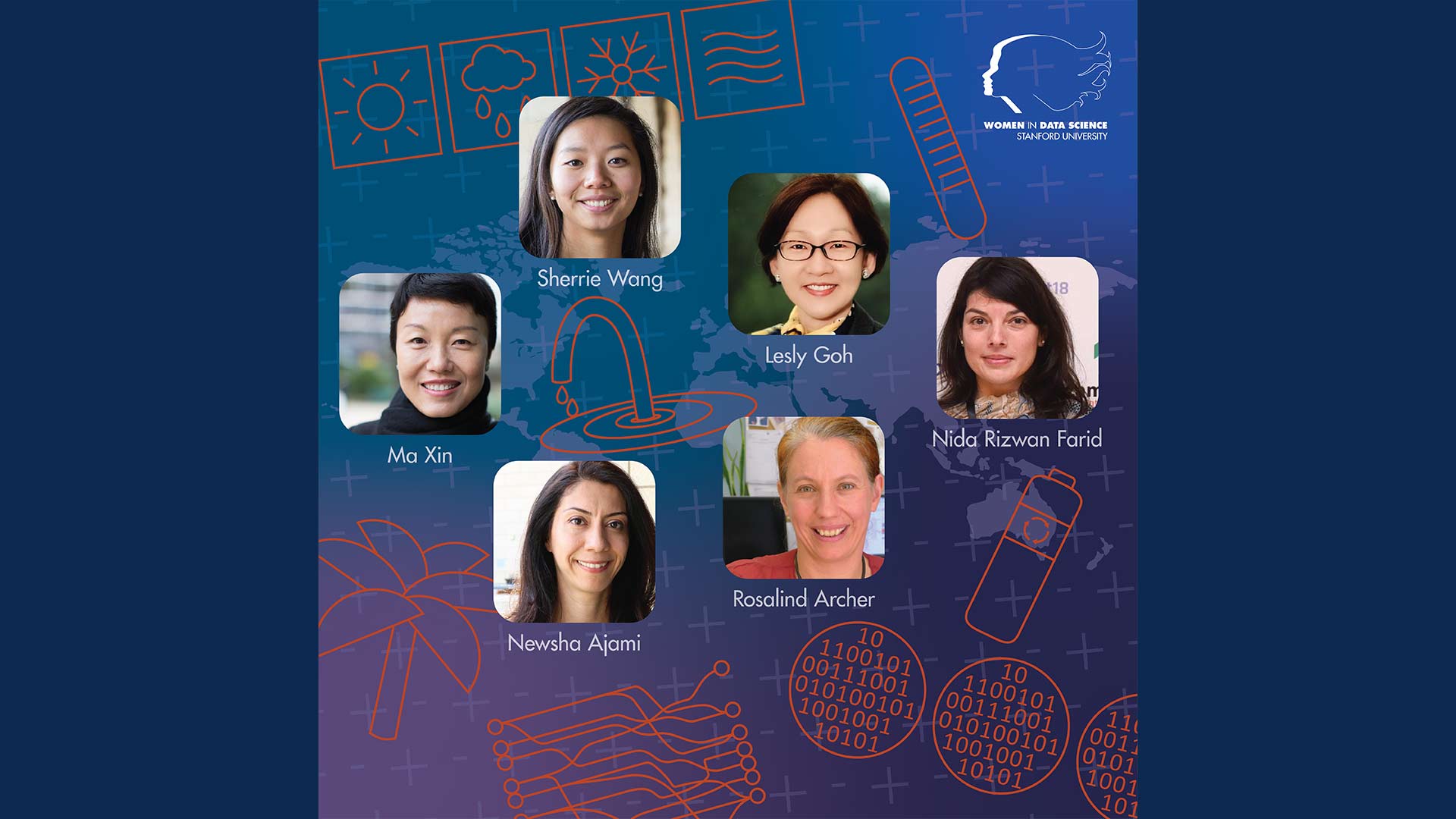During the WiDS 2021 conference, Rosalind Archer, Professor, University of Auckland moderated the Panel: Energy and Sustainability where the participants discussed the importance of storytelling in data science to effectively make an impact. Nida Rizwan Farid, Aerospace Engineer and Energy Efficiency Consultant explained how she used an energy flow diagram to show government officials in Pakistan that their energy crisis was not a result of supply issues, but instead how they were wasting more than 83 percent of the energy that was being supplied to them. Lesly Goh, Senior Fellow, National University of Singapore discusses the importance of data science to illuminate the problem by quantifying the main causes of climate change but more needs to be done about data harmonization and creating standards for data sharing and reporting to show the progress around the world. Xin Ma, Managing Director, Asia Platform, TOTAL, talks about the role of data science with startups she’s working with in southeast Asia and India in the plastic recycling industry and another focused on integrating more renewables into the grid.
Newsha Ajami, director of Urban Water Policy with Stanford University’s Water in the West, delivered a technical talk at the WiDS Conference in 2020, Building Water Security from the Bottom Up by Leveraging Big Data. She explains how water security is one of the 21st century’s greatest challenges and access to safe and reliable water is being threatened by climate change, environmental degradation, population growth, and aging infrastructure. Our current water infrastructure networks have been designed and governed under the assumption of abundance and stationarity which is no longer working. She shares a portfolio of innovative water management tools that harness new data sources to assess both evolving water demand trends and modern supply regimes to achieve water security.
In her WiDS podcast, Improving Urban Water Systems Through Data Science, Public Policy and Engineering, Newsha Ajami focuses on improving urban water systems through interdisciplinary research combining data science, engineering, and public policy. She brings together expertise in hydrology, data science, engineering, public policy, human behavior, and economics to improve urban water systems. She says we don’t need to build infrastructure like dams or centralized systems that disconnect people from their water resources. Instead, build decentralized systems, green infrastructure and capture and recycle water as much as possible. She recommends that instead of building for more demand that instead we focus on changing mindsets to increase efficiency with the water resources we have. Her research leverages data science across disciplines to understand how water demand patterns are changing over time and then communicates this effectively to decision makers.
In another podcast, Applying Machine Learning to Solve Global Food Security Challenges, Sherrie Wang, spoke to us when she was a PhD student at Stanford’s Institute for Computational and Mathematical Engineering (ICME). Sherrie has since completed her PhD and is working as a postdoc at UC Berkeley on machine learning for sustainability. Sherrie explains that about one in nine people do not have access to adequate food. She is using satellite imagery and machine learning to identify and map crops around the world, see where people are most vulnerable, and what interventions or policies have the greatest effect. Sherrie shared her expertise with the WiDS Datathon 2019 committee to develop the challenge where participants were asked to use satellite data to identify oil palm plantations that are contributing to the destruction of the rain forests.
The WiDS 2022 conference and podcast series will continue to feature women data science experts who are using data science to help us grasp the impact as well as potential solutions to fight climate change.


